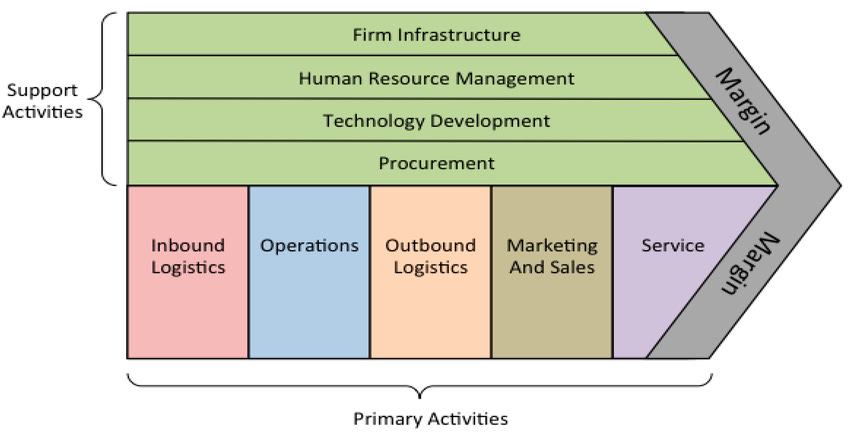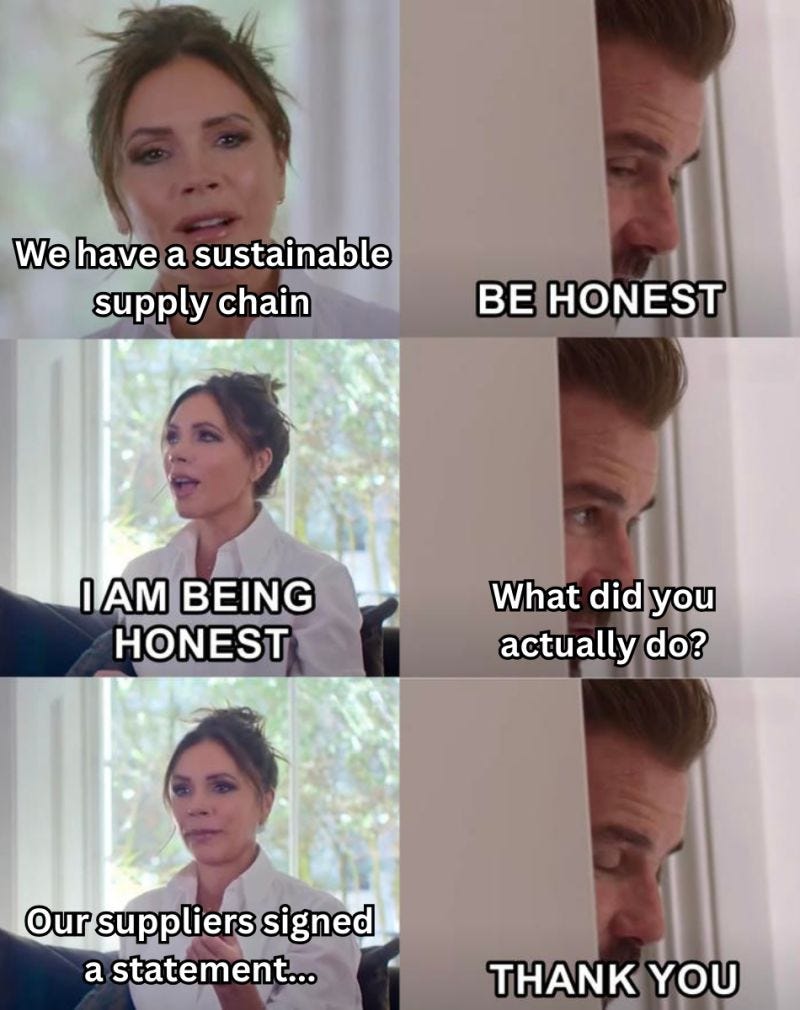$9 Trillion Deforestation Gamble: Vanguard, BlackRock, JPMorgan & Others.
Issue #4
Hi there 🌱
This week’s Sustainability Roundup brings into sharp focus the critical intersections of finance, policy, and corporate responsibility shaping our planet’s future.
From the staggering $9 trillion funneled into deforestation-risk companies to the collapse of global plastic treaty talks, and the outsized carbon footprint tied to foreign firms in China, the urgency for integrated and innovative sustainability strategies has never been clearer.
Together, we explore how embedding sustainability at the heart of business operations can unlock real progress and resilience in a complex, fast-changing world.
1. Finance Sector’s Hidden Role in Deforestation 💸🌳
The Forest 500 by nonprofit Global Canopy report shows 150 financial institutions including Vanguard, BlackRock, and JPMorgan Chase have funneled over $9 trillion into deforestation-risk firms since 2016 collectively, including $864 billion to companies with no public forest commitments. This reveals how finance still rewards destructive practices, but mounting scrutiny makes such exposure risky leaving both companies and investors vulnerable to reputational damage, tighter regulation, and capital flight.
2. Global Plastic Treaty Collapses Amid Petrochemical Power Play 🧴
UN negotiations in Geneva collapsed after six rounds, as fossil fuel-backed petrochemical interests blocked critical provisions like caps on virgin plastic production. The failure deepens strategic urgency: without binding global rules, industries must now lead plastic reform themselves or face escalating pressure from regulators, consumers, and ESG investors.
3. Foreign Firms Linked to 30% of China’s Carbon Emissions 🇨🇳
A study in Nature Communications shows foreign multinationals were responsible for 20–30% of China’s corporate carbon emissions over the past two decades, largely through supply chains. By outsourcing carbon-intensive operations, firms create an emissions loophole that shifts climate burdens to developing nations, raising pressure to confront Scope 3 emissions or risk accusations of selective disclosure and greenwashing.
This week, we speak of Michael Porter’s Value Chain, which maps how and where value is created across sourcing, operations, logistics, and service.
Reframed for sustainability, it spotlights where firms can cut waste, reduce emissions, and mitigate risks while fueling innovation. By turning procurement, processes, and after-sales into measurable ESG levers, companies can hardwire sustainability into strategy, meeting stakeholder expectations while unlocking efficiency, new revenues, and sharper differentiation.
The key is integration: sustainability must not sit as a peripheral CSR project but be hardwired into procurement, R&D, talent development, and customer engagement strategies. This can be achieved by embedding clear ESG metrics into supplier contracts, performance reviews, and product design criteria, ensuring sustainability directly shapes innovation pipelines and strengthens competitive positioning.
Tesla exemplifies this by embedding sustainability across its value chain ethical sourcing, renewable-powered manufacturing, and circular economy practices boosting innovation and competitive advantage. Read how Tesla integrates sustainability deeply into its operations and supply chain in this detailed academic study: Read more here 🚗
Image: Porter (1985)
AI’s hidden water footprint is more than a technical issue, it’s a systemic risk. Watch how companies and communities are grappling with soaring demand, as digital growth collides with their limits.💧⚠️
Unless companies integrate water regeneration not just neutrality into their digital strategies, AI risks worsening the very environmental and social fractures it seeks to solve, undermining trust and long-term competitiveness.
Results from our last poll show organizations are split on how to respond to politicized funding and fragmented climate policy, with equal support for diversifying funding, developing independent climate strategies, and building cross-regional alliances. This suggests there’s no single preferred path; leaders are balancing caution with collaboration and innovation, indicating a need for adaptable approaches in a rapidly evolving climate landscape. Read our last issue here.
Missed our recent issues? Catch up anytime by reading our full archive here 🕰️📰
That’s it for today’s roundup! 🌟 We’ll see you next Thursday with another set of inspiring sustainability news and updates. Until then, take a moment to reflect on how you can adopt one new sustainable practice this week. Every small step counts!
Have any thoughts or a sustainable practice you'd like to share? Share your feedback here.
Together, we can make a difference. See you in the next edition of the Sustainability Roundup!









The amount of water used by data centres is scary!!!
we need dramatic action! https://exploringhumans.substack.com/p/unleash-your-inner-female-bonobo